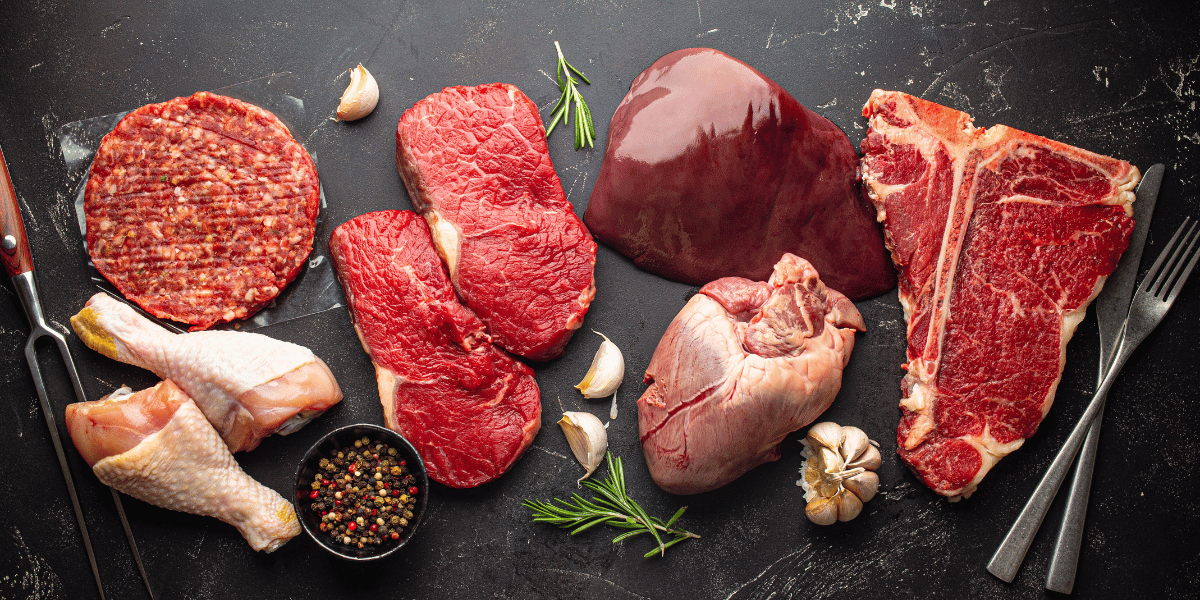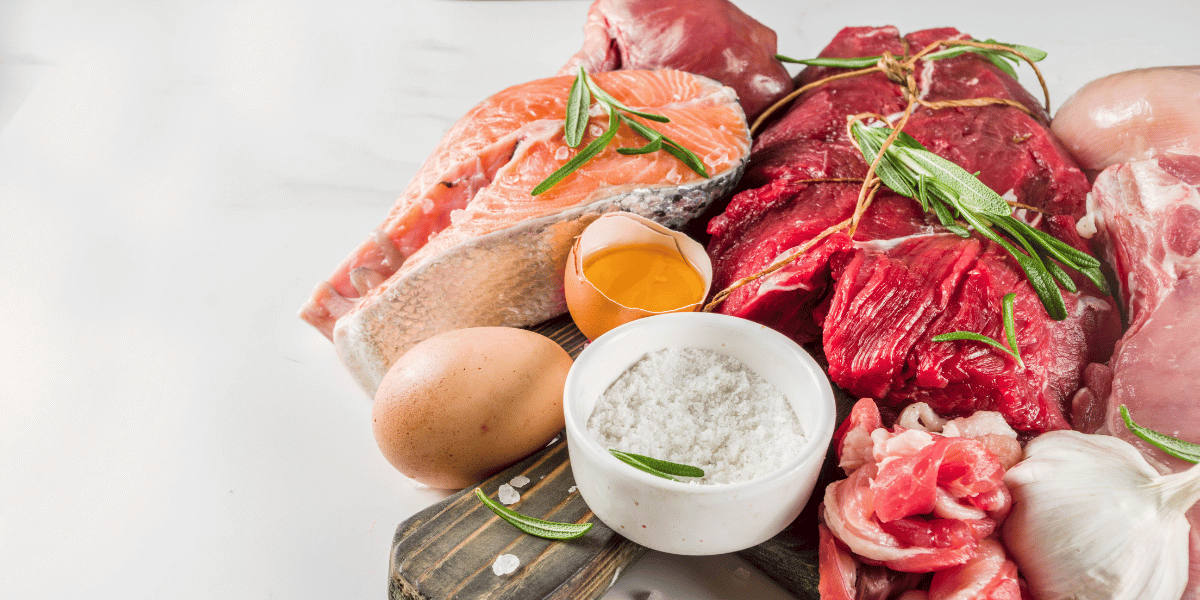Protein Intake: How Much to Perform at Your Best?
Conversations about nutrition naturally make their way to the topic of protein consumption—most people believe it’s essential, but how much do we...
.png?width=70&height=70&name=Stark_LogoMark%20(1).png)
3 min read
 Stark
:
Oct 9, 2023 9:15:50 AM
Stark
:
Oct 9, 2023 9:15:50 AM

Protein is an essential nutrient that supports the body by building and repairing tissues, producing enzymes and hormones, and maintaining immune function. But the question remains: “Is there a limit to protein absorption?” While some claim the body can only handle 25 grams of protein per meal, others argue there's no true cap. Let’s dive into the science to better understand how much protein your body can absorb and utilize effectively.
To understand protein absorption, we must first recognize our body's needs. Studies show that consuming at least 25 grams of protein per meal is essential for muscle growth stimulation. However, the optimal protein intake is often higher. Research suggests spreading 30-35 grams of protein across 3-4 meals daily to maximize anabolic effects (muscle building and repair).
In addition to its role in muscle growth, protein supports key bodily functions such as boosting metabolism, improving energy levels, and aiding in weight loss by increasing satiety and preserving lean muscle mass during calorie deficits.
For individuals aiming to build muscle, a common approach is to consume 1 gram of protein per pound of body weight daily. This protein should be divided across meals to provide a steady supply of amino acids—the building blocks of protein. This strategy ensures sustained muscle growth and repair while maintaining energy levels throughout the day.
Your body’s ability to absorb protein is significantly influenced by digestive health. Proper protein digestion begins in the stomach, where enzymes and stomach acid break down proteins into smaller peptides. From there, the small intestine absorbs amino acids into the bloodstream.
Your body’s ability to absorb protein depends on several factors, including:
The source of protein also affects absorption rates. Whole food sources like lean meats, legumes, or eggs slow down absorption when paired with other nutrients, leading to a more gradual release of amino acids. This slower release can enhance anabolic effects and support sustained energy levels throughout the day.
Research comparing 40 grams of beef protein to 70 grams showed that higher protein portions resulted in greater whole-body anabolism. This indicates that larger servings of protein can still be beneficial for muscle growth and overall metabolism.
Protein plays an essential role during pregnancy, supporting both the mother’s and baby’s health. Adequate protein intake helps with:
Experts recommend spreading protein intake evenly across meals to ensure the body absorbs and utilizes it effectively. Whole food sources like lean meats, eggs, and legumes, paired with proper hydration, can further enhance absorption during pregnancy.
Contrary to the belief that the body can only absorb 25 grams of protein per meal, studies suggest the body can handle 25-60 grams of protein in one sitting.
The International Society of Sports Nutrition states that high-protein diets—even exceeding 3 grams of protein per kilogram of body weight per day—are safe for healthy individuals. For instance, a person weighing 150 lbs (68 kg) can safely consume over 200 grams of protein daily if distributed properly.
Concerns about the impact of high-protein diets on health are largely unfounded for healthy individuals. Studies show that consuming 2.5-3.32 grams of protein per kilogram of body weight per day has no adverse effects on:
This confirms that, when consumed responsibly, protein-rich diets are both safe and effective.
The idea of a strict protein absorption limit is more myth than fact. While 25 grams of protein per meal is a good starting point, it shouldn’t be viewed as a maximum. Instead, aim to meet your overall daily protein needs based on your goals and unique circumstances.
Protein is a crucial ally for both muscle growth and overall health. Whether you’re an athlete or prioritizing weight loss, improving energy, or maintaining gut health, trust the science: your body is capable of absorbing and utilizing significant amounts of protein. Fuel your body wisely and enjoy the benefits of this essential nutrient.
Sources
 At Stark Health, we are committed to empowering individuals to live healthier lives through evidence-based insights, innovative solutions, and personalized care. Our mission is to bridge the gap between science and everyday wellness, making complex health concepts accessible and actionable for everyone.
At Stark Health, we are committed to empowering individuals to live healthier lives through evidence-based insights, innovative solutions, and personalized care. Our mission is to bridge the gap between science and everyday wellness, making complex health concepts accessible and actionable for everyone.
We specialize in cutting-edge health information, tailored wellness strategies, and expert guidance to help you optimize your body and mind. From nutrition and fitness to preventative care, our team of professionals is here to support you at every step of your health journey.
Whether you're striving to enhance your fitness, improve your overall well-being, or stay informed about the latest advancements in healthcare, Stark Health is your trusted partner in achieving sustainable results. Let’s transform health—together.
Conversations about nutrition naturally make their way to the topic of protein consumption—most people believe it’s essential, but how much do we...

The short answer is “no.” Consuming calories early in the morning doesn’t magically make you burn those calories off faster, you need physical...

To look better naked and perform at your best, you need to consume an adequate amount of protein. But how do you know the right amount to eat? What...